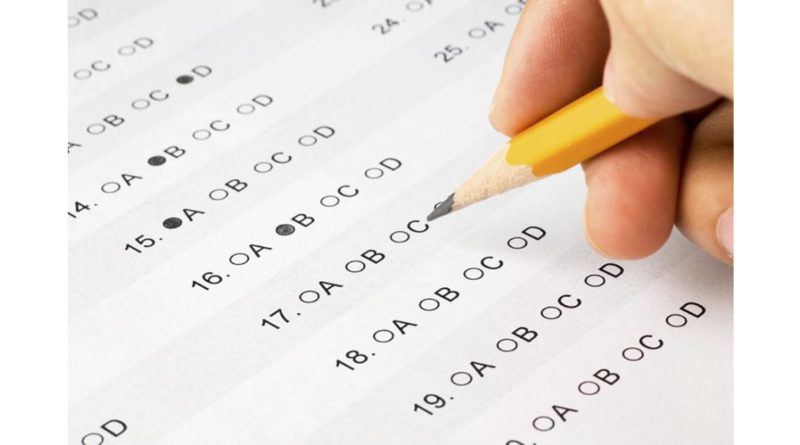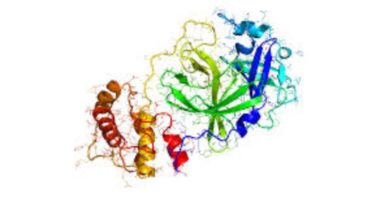Four clusters for Bangladesh public university admission test
The University Grants Commission on Wednesday decided to hold admission tests in four clusters at the public universities in the coming academic year of 2020-21, reviewing its previous decision in favour of a centralised admission test system for all public universities in the country.
The commission reviewed the decision as the five major public universities decided not to participate in the centralised test for student enrolment at the public universities as earlier proposed by the commission, UGC chairman Kazi Shahidullah told the press following a meeting with the vice-chancellors of 35 public universities at his office.
‘Without the participations of the five major universities, it will not be possible to accommodate a huge number of admission seekers during the proposed central admission test,’ he said.
The chairman said that in March, UGC member Dil Afroza Begum would coordinate with the universities to fix the modules for the test to be held in four clusters under broader academic disciplines such as agriculture, science and technology, engineering and general.
In the meeting, he said, a decision was made that seven agricultural universities would hold test in one cluster, 11 science and technology universities would hold test in another cluster.
A separate cluster would be designated for nine general universities while another cluster would be assigned for three engineering universities — Chittagong University of Engineering and Technology, Khulna University of Engineering and Technology and Rajshahi University of Engineering and Technology.
‘We have not yet decided on separate clusters for the three specialised universities and the Bangladesh University of Textiles,’ he said, adding that National University, Open University and Islamic Arabic University would remain outside of the cluster system.
The vice-chancellors of Dhaka University, Rajshahi University, Jahangirnagar University, Bangladesh University of Engineering and Technology, who told the commission that they would not participate in the centralised admission test, were not present at the meeting, he said.
The Chittagong University vice-chancellor Shireen Akhter, however, was present at the meeting but did not agree or disagree with the UGC and other vice-chancellors on the issue of holding admission tests in clusters, Shahidullah alleged.
‘We will welcome BUET, Dhaka University, Chittagong University, Rajshahi University and Jahangirnagar University should they express their interest to be part of the new cluster system,’ he said.
Following a meeting with the University Council, a platform for the vice-chancellors of the country, UGC on February 13 decided to hold a centralised admission test in the 46 public universities for reducing sufferings of the pupils and their parents who need to travel from one corner of the country to another for taking admission tests separately.
But, after holding academic council meetings over the past 10 days, BUET, DU, CU, RU and JU decided not to be party to the centralised admission test, arguing that their conventional test methods were ideal for picking the best freshers at their respective universities.
They also questioned the capacity of the UGC for holding a centralised admission test for over an estimated 9.5 lakh admission seekers at public universities offering diverse courses in a verity of disciplines and subjects. With fine arts and the social sciences, the requirement for separate admission tests would be an imperative, experts believed.
They also anticipated an increased possibility of question papers leakage in such a combined admission test.
The UGC officials, however, observed that the major five universities due to their ‘ego’ crisis and the prospect of losing the financial benefits they realise from the sale of the admission test forms did not agree to hold a centralised admission test.
Each teacher of the big public universities got an average of Tk 1.5 lakh from the sale of the admission test forms while the vice-chancellors of the universities received a share of Tk 10 lakh, UGC officials said.
In the cluster test system there would be only six admission tests, including three for the general universities in science, arts and business groups,’ UGC member Dil Afroza said.
‘In the cluster system, a student paying Tk 1,000 will be able to apply for the admission test and will sit for it at the university centre nearest to his or her locality,’ she said.
‘We will publish the merit lists and based on their requirements and merits of the students the universities will offer subjects to the admission seekers,’ she continued.
The universities would take additional tests in case of specialised subjects such as architecture, dance, music and theatre, she said.
Jagannath University VC Mijanur Rahman, at the UGC press briefing, said that the students would get the chance to change their disciplines even in the cluster system for the general universities. ‘We are already applying the method in our admission tests when we take the test centrally for all disciplines,’ he said.
He added that the University Council would ask the five major universities, who chose not to opt for the cluster system, to hold their admission tests in the earliest possible time if they did not review their decisions.
‘We do not want to create any trouble in the cluster admission test system due to their arbitrary decision to hold their tests independently,’ he said.
The National University would be asked to hold admission test after the cluster system was over, so that any seat did not remain vacant at the colleges under their jurisdiction. (Source: New Age)



